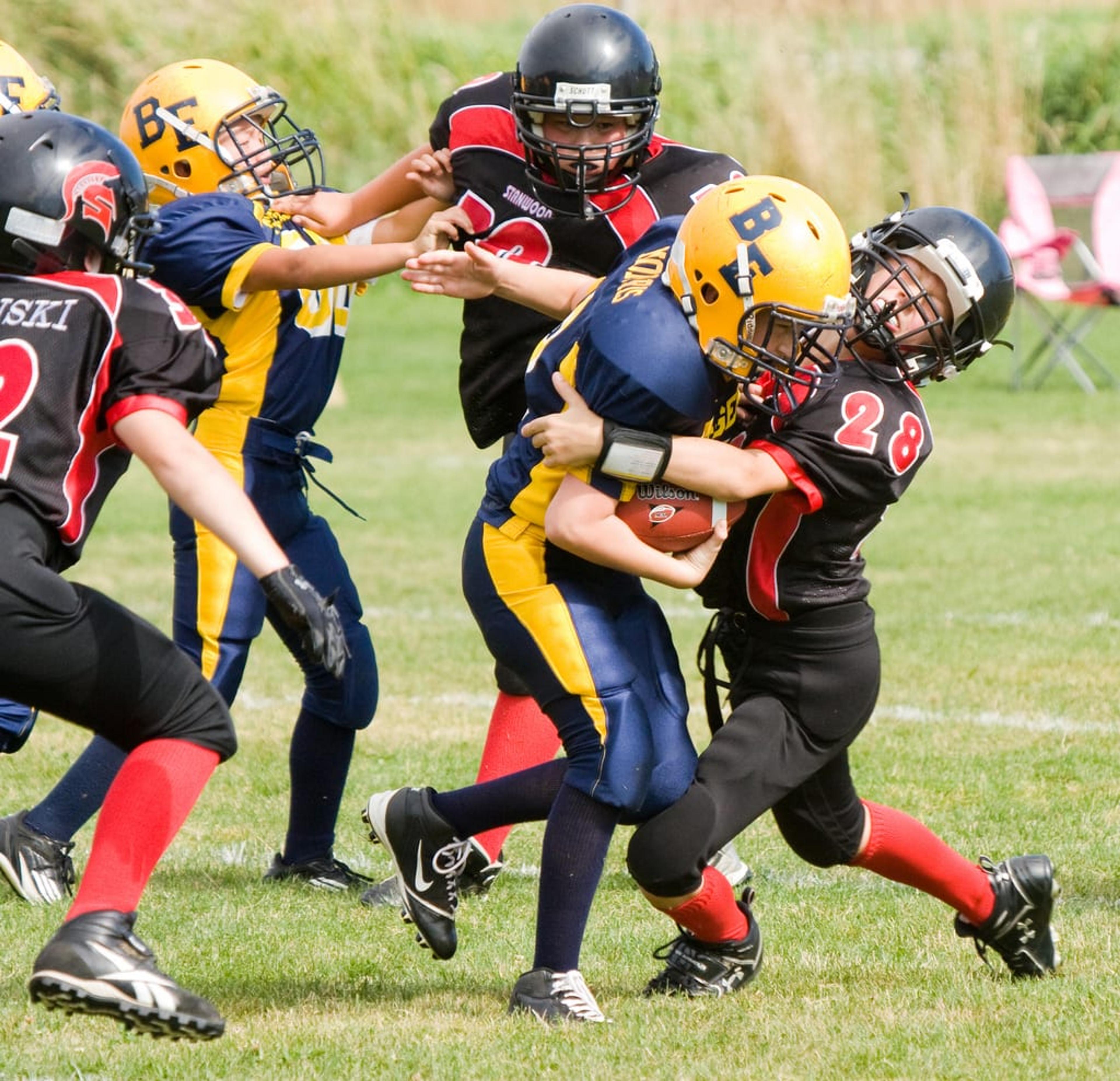Young athletes: The good, the bad, and the ugly

Michael Lewis II
| 3 min read

Sports are enjoyed all over the world by people of all ages and even played professionally by the world’s best. Becoming a professional may seem like a quick way to get paid, but there are social advantages to playing sports from a young age.
The good: Life lessons
Sports give children the opportunity to safely discover the difference between right and wrong, as they learn to interact with peers and adults. Research shows that youth who play sports have higher levels of social support, resulting in higher levels of toughness. Being a member of a community that includes teammates, coaches and family, provides a solid foundation for children to achieve their goals through teamwork. These interactions help young athletes develop respect and work ethic. The connections these young kids form with their mentors are ones that can last forever.
Relationship building and social skills
Young athletes have to interact with people. The relationships produced from sports help children improve their social skills. They learn about good sportsmanship as they support each other, whether they win or lose. They develop team building skills while learning tolerance and self-discipline. The kids are also given a chance to grow. As they advance in their specific role and become more experienced, they may be asked to be team captain or to train those who are less athletic. This gives them a chance to display good leadership skills.
The bad: Lousy coaches
The coach of a youth sports team has the capability to make the experience pleasant or horrible for a young athlete. If a coach is only focused on winning games and championships, instead of encouraging them to learn and enjoy the sport, then he or she is not the right kind of person to lead young people. Some coaches will act supportive and friendly to young players when they perform well, but turn into a tyrant when they go into a slump. This can ruin a young person’s attitude and make the experience painful.
Potential injuries
With almost any sport, the risk for potential injuries exists. Even though youth organizations take steps to keep young people from getting hurt, sports are not risk-free. Even with the proper techniques, players are always at risk to get injured. This is almsot always true when they participate in contact sports like football, hockey and soccer. Injuries at a young age to the knees, back and head can negatively alter a youngster’s long term health.
The ugly: Too much pressure
Parents can be competitive and harsh when it comes to their child’s athletic success. Rather than focusing on personal enrichment, they are pushing their child to be a professional athlete. Sometimes, this is not the path meant for the child. They may learn a lot from playing a sport, but they may want to embark on their own journey that doesn’t include professional sports. It can do kids a disservice to make them focus on something they’re not completely interested in.
Photo Credit: Mike Morris





